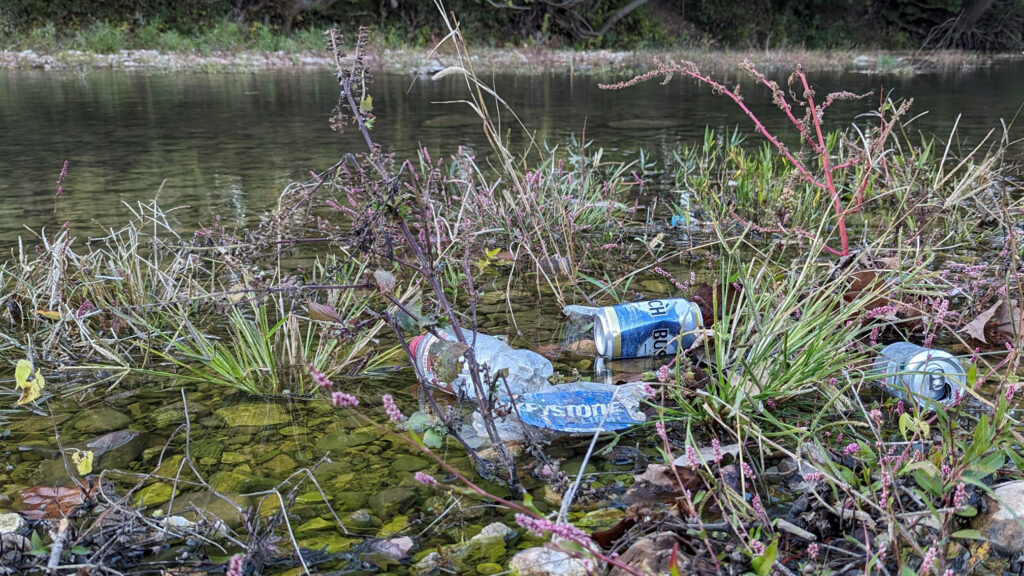Help stop Rx Abuse
Recreational use of prescription drugs are killing our children. Arkansas is No. 1 in abuse of prescription pain medications by teenagers. We must act to remove unused and unneeded drugs from our medicine cabinets to prevent abuse.
How to dispose of prescription medications
- Hide or lock up your medications to keep family members or visitors from taking them.
- Turn in unused and unwanted medications to a law enforcement agency for proper disposal. NO QUESTIONS ASKED!
- DO NOT put them in the trash or flush them down the drain because that pollutes our environment.
- Pass the word! Tell your friends, children and family members!
MedReturn Dropoff Locations
Deposit medications in the “MedReturn” stations located outside the main doors of Carroll County Police Department and the Eureka Springs Police Department.
Keep prescriptions and recreational drugs off the streets and away from abuse by our children.
Operation Drug Takeback Partners
| Carroll County Sheriff’s Office 870-423-2901 | Eureka Springs Police Dept. 479-253-8666 |
No questions asked about any medications turned it!
For more information visit www.artakeback.org
or call 501-618-8693
Medicated water? Not a good thing for the ozarks
Did you know flushing medications down the drain can lead to water contamination?
When medicines are flushed, they usually go to one of two places – a septic tank or through a series of sanitary sewers into a wastewater treatment plant (WWTP).
Medicines can harm the beneficial bacteria that are responsible for breaking down waste in the septic system or at a WWTP. When medicines go to a WWTP, several other problems can result.
Many medicines are not captured or are only partially captured during a WWTP treatment process, so they can pass through a WWTP intact. Municipal sewage treatment plants are not engineered for pharmaceutical removal.
These substances are then released into a nearby lake, river or ground water with the treated waste water.
When medicines go to a WWTP, several other problems can result. Many medicines are not captured or are only partially captured during a WWTP treatment process, so they can pass through a WWTP intact. Municipal sewage treatment plants are not engineered for pharmaceutical removal.
These substances are then released into a nearby lake, river or ground water with the treated waste water. Some medications may contain heavy metals, such as mercury containing compounds.
For the past several decades, mercury has received increasing attention as a serious pollutant of 2 concern due to its toxic and bioaccumulative properties. In aquatic systems mercury is often converted by bacteria to methylmercury (an organic form of mercury) which can be magnified up the aquatic food chain hundreds of thousands of times, posing a potential risk to humans and wildlife that consume fish.
For all of these reasons, any and all disposal of drugs down a drain or toilet is strongly discouraged.


